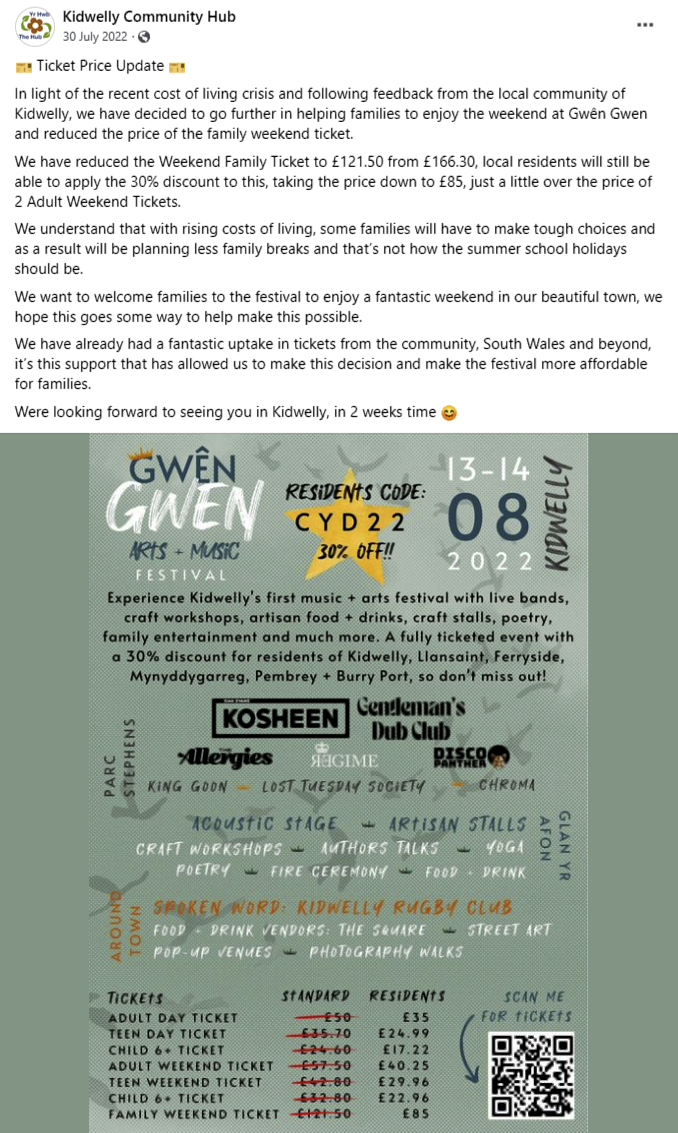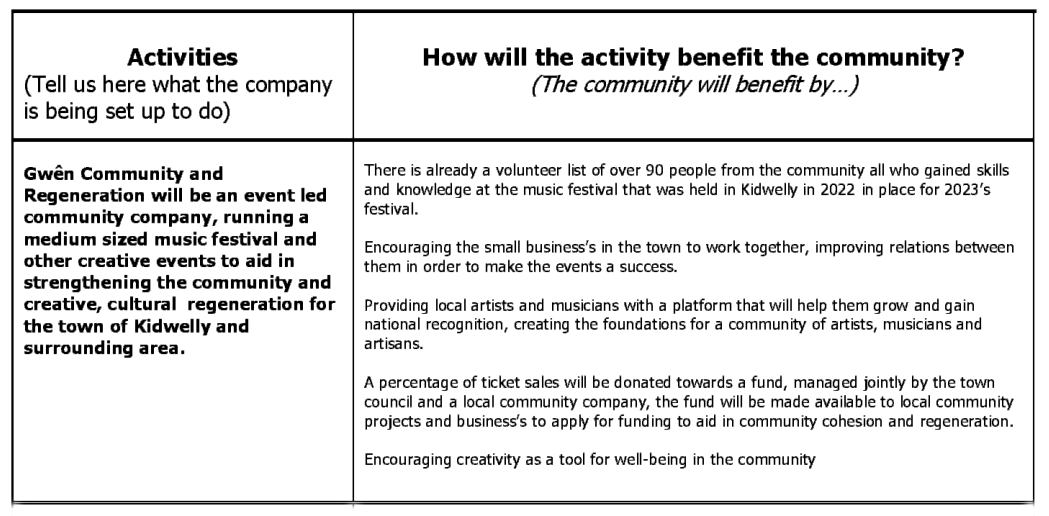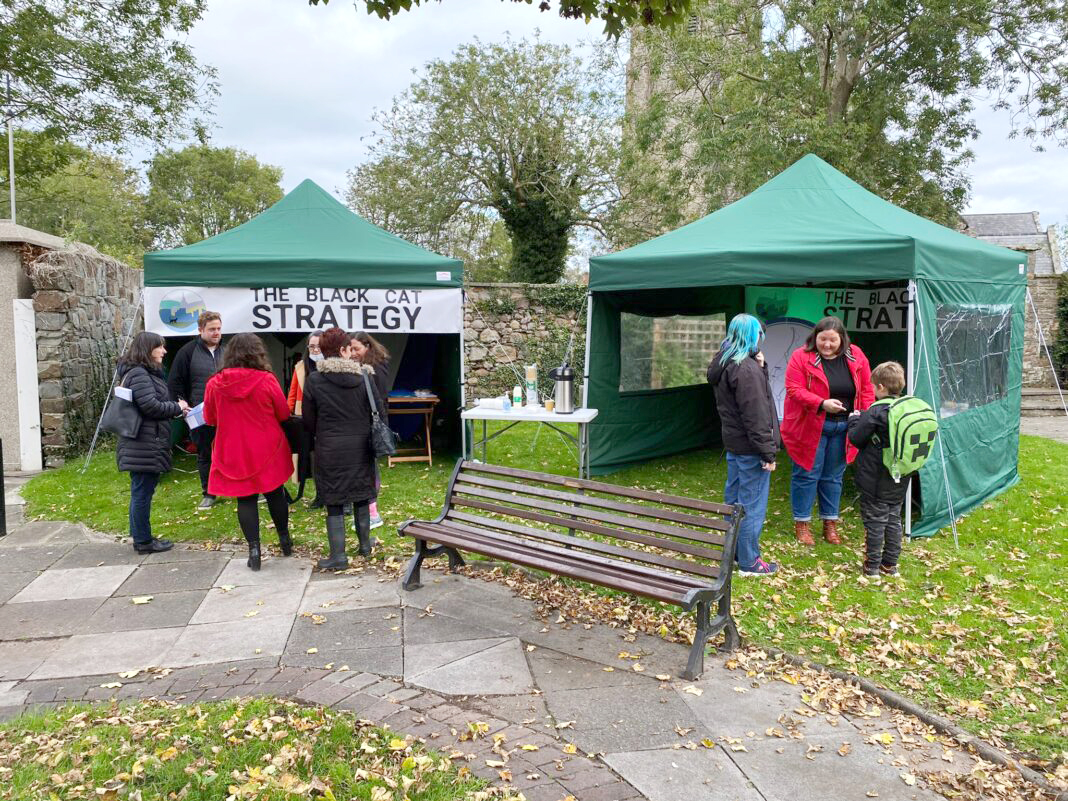![]() The so-called ‘Welsh Government’s irresponsibility with money is legendary. They speak of little else in the bazaars of Samarkand, while the elders of Amazonian villages tut tut at the very mention.
The so-called ‘Welsh Government’s irresponsibility with money is legendary. They speak of little else in the bazaars of Samarkand, while the elders of Amazonian villages tut tut at the very mention.
- One-hundred-and-fifty million pounds (£150m) returned to London (presumably because we have all we need)
- A failing airport bought for about ten times what it was worth.
- A farm bought for £4.25m (a purchase no one can explain).
- The £7.3m lost on the Circuit of Wales disaster.
- Those running the most dysfunctional health board on God’s Earth are searching down the backs of sofas for £122m that’s unaccounted for.
- Etc., etc., etc.
In addition, hundreds of millions of pounds are showered every year on magic bean salesmen (and saleswomen), many of whom are from outside of Wales but can sniff easy money.
♦
BLACK CAT COUNTRY
That heading’s a reference to Cydweli (Kidwelly). It’s explained here . . . sort of. Though I loved the reference to the “zealous Welsh” attacking the Norman castle and the town full of alien settlers.

If the town was destroyed and the inhabitants killed then describing our ancestors as ‘zealous’ seems a little inadequate. Even trivialising. Though I’m not criticising our forbears, for all nations have the right to respond to invasion and the threat of becoming strangers in their own country.
Some of you will remember that I’ve written about Cydweli before, a little town west of Llanelli, just up the road from Porth Tywyn, where I’ve often sojourned.
In fact, this piece is a follow-up to something I wrote back in January last year. Here’s a link to that earlier post, ‘Tourism or Survival: Wales Must Choose‘, scroll down to the section, ‘Tourism Making Life Difficult for Locals’.
Last year I looked at attempts to re-vitalise the local economy through tourism, which of course brought the threat of the usual problems – holiday homes, few worthwhile jobs, the area attracting retirees and good-lifers, etc.
That attempt was called the Black Cat Tourism Strategy, and in the summer of 2021 we learnt that it had secured £270,000, “to implement a two-year strategy aimed at growing the visitor economy in Kidwelly and Mynydd-y-garreg” (a village to the north east of the town).
The money came from the Coastal Communities Fund, a UK project linked to the Crown Estate; administered in Wales by the ‘Welsh Government’ through the Big Lottery Fund.
And things seemed to begin quite promisingly.

The grant was awarded to a partnership of the town council and the ‘Hub’, run by Kidwelly Community Hub CIC. (A Community Interest Company.)
To judge by its Facebook page, the Hub has come to the end of the line. Confirmed, it would seem, by this notice from the town council.

Though I was amused by the fact that most of the comments to the Hub’s valedictory FB post last October were of the, “When can I have my – – – – back?” type, rather than, “We’ll miss you”.
If you scroll down a wee bit further, you’ll come to the FB post you see below. And this is our destination – The Gwên Gwen Festival 2022. (‘Gwen’s smile’?)

My information is that the bulk of the grant money spend in 2022 went on the Gwên Gwen festival, and it’ll be the same again this year. Most locals believe this is not money well spent. Few turned up last year, and this year’s event doesn’t promise to pull in the punters either.
The Black Cat Tourism Strategy has its own Facebook page, but this seems to offer little beyond Gwên Gwen.
◊
WHERE’S THE MONEY GONE?
One person who recently contacted me was relaying the concerns of others about what the £270,000 allocated to The Black Cat Tourism Strategy had actually been spent on.
My source wrote, referring to last year’s Gwên Gwen bash:
“Tried getting answers as to where the cash has gone. A massive spend of funds where no one turned up apart from organisers families and a bunch of local hippies. Labour councillor involved and now director of CIC company for same festival this year. Council would not give me figures for cash lost.”
I tried to dig the figures out for myself. There seemed to be three obvious places to look: the town council records, the Hub accounts, and the company I assumed would have been set up to manage the Black Cat Tourism initiative.
Working backwards, the Gwên Community and Regeneration CIC wasn’t set up until February this year. (The grant, remember, was allocated in June 2021.) Thus far, the only document filed with Companies House is the Certificate of Incorporation.
Towards the end of that document we read this minor masterpiece in grant-grab waffle. It really is a gem. I speak as someone who’s read many over the years, and penned a few myself.

Moving on, what can we learn from the Hub accounts? Well, to begin with, the ‘front page’ on the Companies House entry for the Hub tells us that the last accounts filed were for year ending 31 March 2021. That is, before the grant was awarded.
Which left the town council as the last hope. The minutes tell us little, and the archived accounts seem to be intermittent, with no audited accounts after 2017.
So where is the £270,ooo accounted for? It seems unlikely the Hub will produce any further accounts, and the new company will not be required to produce accounts for the period before it was set up.
Which leads me to suggest that the onus for accounting for the £270,000, in full, must now lie firmly with Kidwelly Town Council, the surviving partner.
Another reason for me saying that is because the council has been paying Gwên Gwen invoices. That’s certainly what the Finance Committee minutes for January tell us.
◊
WHO WAS WHO?
If we go back to the clip above from the town council minutes of October 2021, we see four names listed in connection with the Black Cat Tourism Strategy. These are: Christine Lamble-Davies, Michelle Collins, Suki Baynton, Aled Westlake.
I believe they’re in this video from March 2022, asking for suggestions. Which could be seen as being open to ideas . . . or possibly not having a clue themselves what to do.
So, in no particular order, here are brief bios . . .
Michelle Collins’ Linkedin profile (here in pdf format) suggests an aspiring artist forced to work for Caws Teifi. When she’s not studying!
But apart from that early mention, I’m not sure what role, if any, Collins played thereafter. There’s certainly no mention of Black Cat on her Linkedin. But she does get a mention here, on the Saatchi Art website.
Aled Guto Westlake, is another artistic type, who lived in Llansamlet, on the east side of Swansea, but seems to have moved to Mynyddygarreg.
His Linkedin profile suggests that he still sees himself as being part of the Black Cat set-up. This, plus his side-line in photography, would appear to be his employment.

Incidentally, there’s a Councillor Jonathan Westlake representing Mynyddygarreg ward on the town council. I’m told he’s Aled’s dad.
From the same ward we have the mayor, Councillor Carl Peters-Bond; and another Mynyddygarreg councillor in Christopher Peters-Bond.
What a cosy place Mynyddygarreg must be! Dare I suggest, incestuous?
Suki Baynton I mentioned in the earlier piece, so I might as well lift something from that to give her bio.
The Black Cat project lead is Suki Baynton, who recently arrived from the Cynon Valley, where I’m told she was Contaminated Land Officer for Rhondda Cynon Taf council. She was certainly Property Manager for Ashfield Solutions for a while.
We see Suki in the above picture, on the right, in the red coat. (See image below.)
Suki has also launched her own company, Room Publishing Ltd. The website tells me it’s a load of New Age bollocks; but then, I’m a cynical old bastard who grew up in the real world.
The company, Room Publishing Ltd, was Dissolved about a year after I wrote that earlier piece, without filing anything.

Which leaves Christine Lamble-Davies, the former Mz Christine Bethan Davies. Who is quite a busy girl. I’ve found a number of companies with which she’s been associated.
Though the only one where she’s still a director appears to be Malihera Ltd. But this ship has obviously been abandoned, with filings for Companies House overdue.
◊
WHO’S WHO NOW?
The directors of the new company, Gwên Community and Regeneration CIC, are: Carmarthenshire Labour councillor Crisial ‘Crish’ Davies, Plaid Cymru’s June James, and June James’ husband, Richard.
These three are also the only remaining directors of the Hub. Davies has been a director since June 2016, Richard James since September 2022, and his wife June became a director in January this year.
From January 11 these three exercise control over whatever remains of the Hub.
Clearly, Labour councillor ‘Crish’ Davies is the continuity factor. The one who’s been there throughout.
This new company could be seen as the Hub reborn. Though why did it take so long, because the Hub didn’t expire unexpectedly?
While these three directors are presumably entrusted with salvaging something from the disaster, and seeing out Gwên Gwen 2, are any of the four we read about earlier, and saw in the video, still involved?
If not, why?
I don’t like banging on about money, but seeing it wasted annoys me. Especially when Cydweli needs money spent on infrastructure repairs and other things.
But certainly not a hippy gathering that was a disaster last year, and with not a hope in hell that this year’s Gwên Gwen will be any more successful.
Here are some photos I was sent of the town. They show, clockwise: the old town hall, falling down and resulting in detours; the town square; the field opposite the Co-op, home to the Gwên Gwen festival; and the building that was used by the Hub.

But back to this year’s Gwên Gwen festival.
Topping the bill is the Gentleman’s Dub Club, of Bristol. (I’ve got all their 78s!) Though I doubt there’s a big audience for Dub music in east Carmarthenshire. There certainly wasn’t last year when the same band played.
A few pints of Felinfoel might help. Perhaps many pints of Felinfoel.
P.S. Last year’s headline act, Kosheen, also come from Bristol.
◊
ENOUGH ALREADY!
I don’t want anyone to think I’m picking on Cydweli. I’m just using it as an example for something that’s happening all over Wales.
My introduction gave a litany of some big scandals that got reported, but it’s also the few hundred grand here, a million or so there, that escape wider attention. Call it political patronage, call it rewarding grass-roots activism, call it anything you damn well like, but by and large it achieves next to nothing.
This system of dishing out grants to anyone with connections, or who can put together the kind of tosh we read earlier, is damaging Wales. It’s a major reason three dollops of European structural funding achieved nothing.
This was unique. All other countries and regions of Europe that received this funding used it wisely. None remained poor enough to qualify for a third hand-out.
But Labour Party stooges like the WCVA will pretend this wasted money achieved something. That’s how the system works: Labour gives money to its cronies who then produce reports telling us what good use was made of the funding.
But then, if I give my grandchildren money will they admit they wasted it?
The biggest beneficiary of EU funding was the third sector. Now that EU funding has ended – but to ensure these shysters continue living high on the hog – other budgets must be raided. (“Your promised by-pass! What by-pass?”)
Unfortunately, it’s no longer just local groups; for under devolution Wales has seen a tidal wave of gobshites preaching climate disaster, poisoned rivers and habitat loss; berating us for our racism and our transphobia – and demanding that we pay them well for their insulting rants.
But enough of those colonialist parasites, let’s finish in that nice little town where an underage Jac used to drink when him and his mates would get the train down from Swansea to go camping. Happy days!
For even if there was incompetence or worse involved, the Black Cat was probably doomed the minute the local MS, Lee Waters, stroked the poor moggie. For this is the politician who famously said of his own administration, “We don’t know what we’re doing on the economy“.
We believe you, Lee. In fact, that may be the only thing you’ve ever said that we do believe.
♦ end ♦



